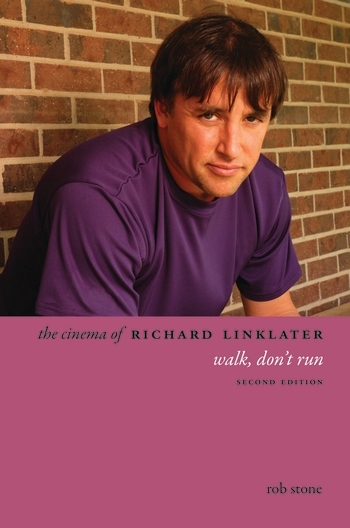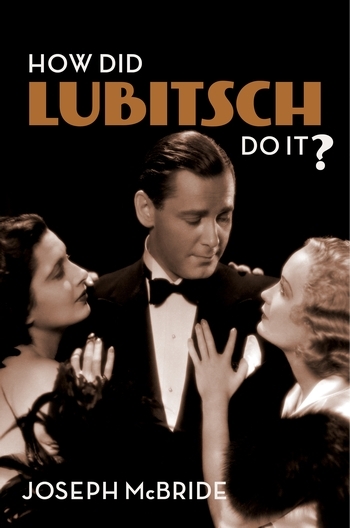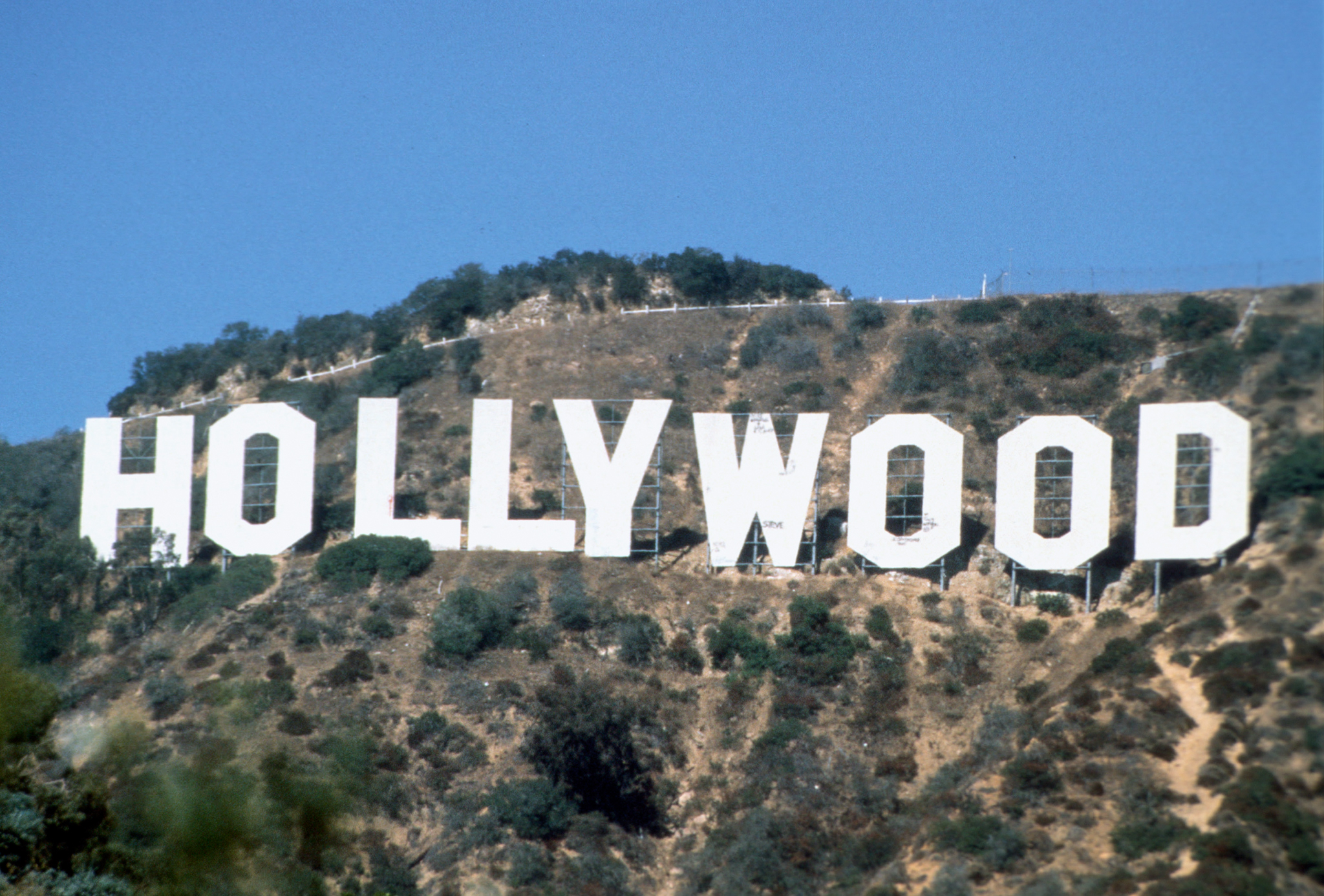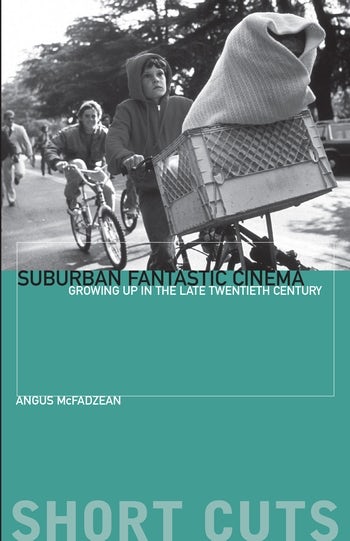Q&A with Rob Stone on The Cinema of Richard Linklater: Walk, Don’t Run (second edition)

This week, our featured book is The Cinema of Richard Linklater: Walk, Don’t Run. Today, we are happy to present an exclusive interview with author Rob Stone!
Enter our book giveaway by Friday at 1 PM for a chance to win a free copy!
• • • • • •
Q: Isn’t it a bit soon for a second edition of The Cinema of Richard Linklater: Walk, Don’t Run?
Rob Stone: You might think that but keeping up with the work of such a prolific filmmaker, who entered the most productive and critically celebrated phase of his career shortly after the publication of the first edition, meant that the need for what might seem like a prematurely revisionist volume became essential after the release of Before Midnight and Boyhood especially, but also Bernie, Up to Speed, Everyone Wants Some!!, and Last Flag Flying. The mission of the second edition is not only to analyze and contextualize those works in the context of Linklater’s career but also to use them as a prism through which to look anew at his previous films, many of which are now classics of American cinema.
Q: How do these new works fit inside this “new world order”?
RB: In an industrial context, there are new means of production and distribution that affect the way films are made and received. Up to Speed is a six-part web series for Hulu and Last Flag Flying was released internationally on Netflix. These new platforms for independent filmmakers with all their benefits and problems change the entire landscape of independent filmmaking. Moreover, social and political changes affect the way that films are made and what they mean to audiences that look to the cinema as both a window and a mirror on the outside world. It’s important to see Before Midnight,, which is set in Greece, in terms of the production process that gave rise to its making in the aftermath of the economic crisis and how the Greek people were punished with austerity by the European Union, which is a fascinating background for a film about conflict in a relationship and familial separation.
Q: And what of the new American order?
RB: That too. Boyhood and Everybody Wants Some!! were both treated by many as nostalgic, but nothing could be further from the truth. Linklater’s films are never nostalgic despite what some fans of Dazed and Confused might argue. Look closely and they are resolutely unsentimental about the past. Instead they all focus exclusively on the present and deny the pull of the past or the threat of the future. Living in the moment makes Linklater’s films political in a way that often goes unnoticed. Everybody Wants Some!!! is a poignant critique of what’s been called “locker room” talk of the kind that has infected political discourse. Boyhood may not look like it as it ambles through twelve years in a young boy’s life, but it offers a searing critique of the way that neoliberal policies have affected education, turning what should be a twelve-year voyage of internal discovery into a series of exhausting and dispiriting sprints between the hurdles of testing and indifferent selection processes.
Q: How does the Before trilogy fit into this new world order now? Is it indeed a trilogy?
RB: It’s a trilogy, but that doesn’t mean it won’t have a sequel or even a sequel trilogy we can call the After trilogy. There’s a cyclical aspect to Before Midnight, where its conclusion connects with the beginning of Before Sunrise twenty-three years ago: Céline and Jesse end up arguing like the German couple on the train in that film that first gave them an excuse to begin talking. Because there is this circular movement to the three films, it’s tempting to read them as pessimistic, but there is much more at stake in the third film than there is in the first. In the first film they are both up for a romantic adventure and it surprises them that it becomes so much more. But by the time Before Midnightcomes around, they have twin daughters and infrequent shared custody of Jesse’s son Hank, as well as baggage from regrets regarding professional roads not taken and personal ones that perhaps they probably should have avoided.
Q: Do you think Before Midnight ruins romanticism or reinstates reality?
RB: That’s a good line! I think it’s a much more mature film, possibly Linklater’s best, and certainly on a par with some of the great European art-house films about marriage and relationships like Rossellini’s Journey to Italy, which it references, Godard’s Pierrot Le Fou and Antonioni’s Lat Notee. But like all of Linklater’s best films it’s quintessentially American too, so it sits alongside some of the best American films about marriage and relationships too, like Cassavetes’s A Woman Under the Influence, Woody Allen’s Annie Hall and Mazursky’s An Unmarried Woman. I like Before Midnight for the same reason that some audiences don’t, because Céline sees conflict as essential to progress and is therefore willing to provoke it by what may seem cruel means. So while Jesse takes refuge in fantasies like time-travel and an affair with a student, Céline is much more committed to making the relationship authentic, particularly for the good of the children, whose well-being they must share, even if it means that a new shape to their relationship and the familial structure must be established.
Q: Will we see Jesse and Céline again and does that suppose a third edition of your book?
RB: Ha, it’s been five years since its release and if the nine-year gap is to be maintained we should be hearing rumors of Linklater, Ethan Hawke and Julie Delpy being seen together in Austin some time soon. I’d like to see them again, find out what they’re doing, even though I suspect that whatever it is will be apart. I’ve grown up and old with them and I have plenty of interest and energy left so I’d be thrilled to hear they were reuniting, and a bit fearful too. But maybe I’ll wait until the After trilogy is completed before I think about a third edition.





